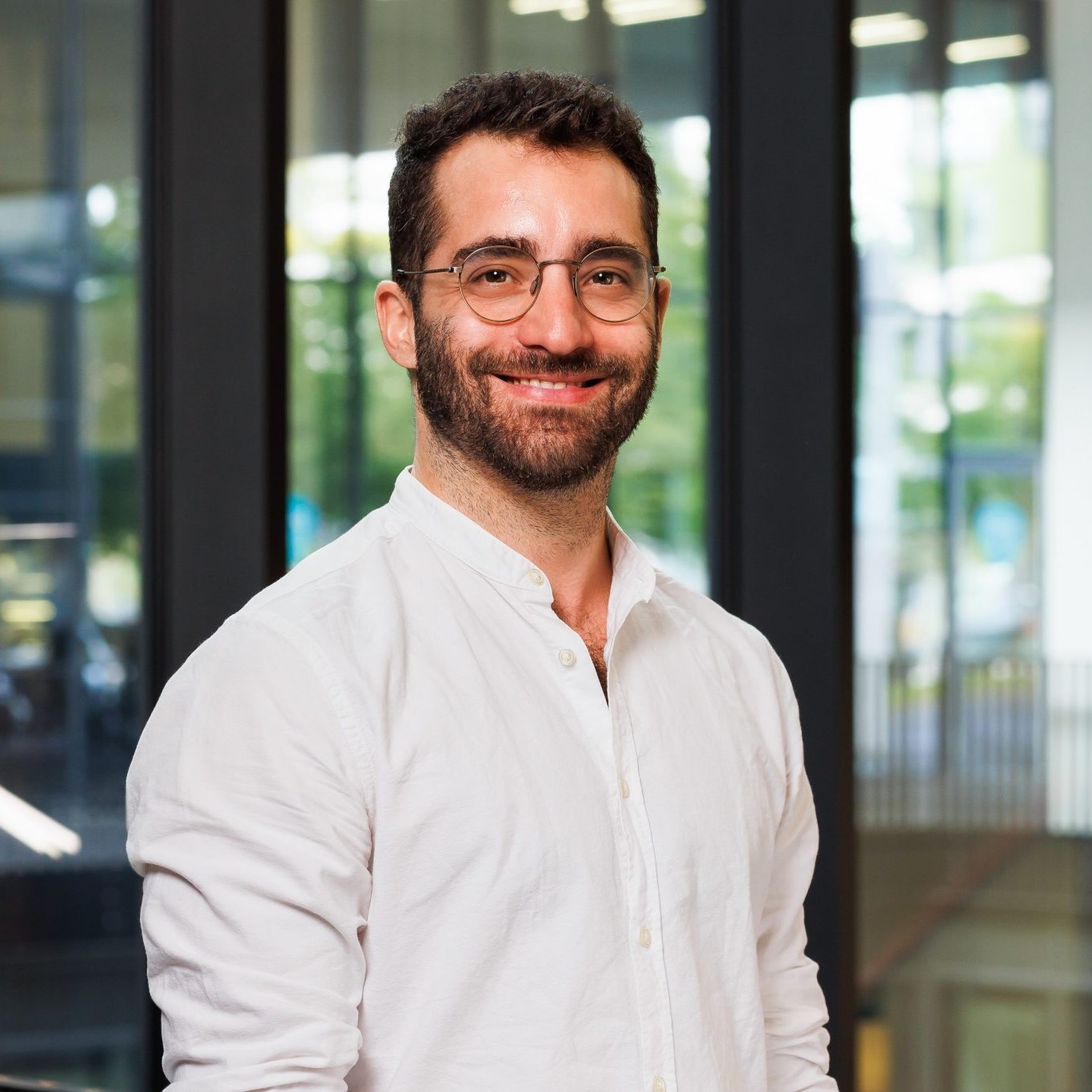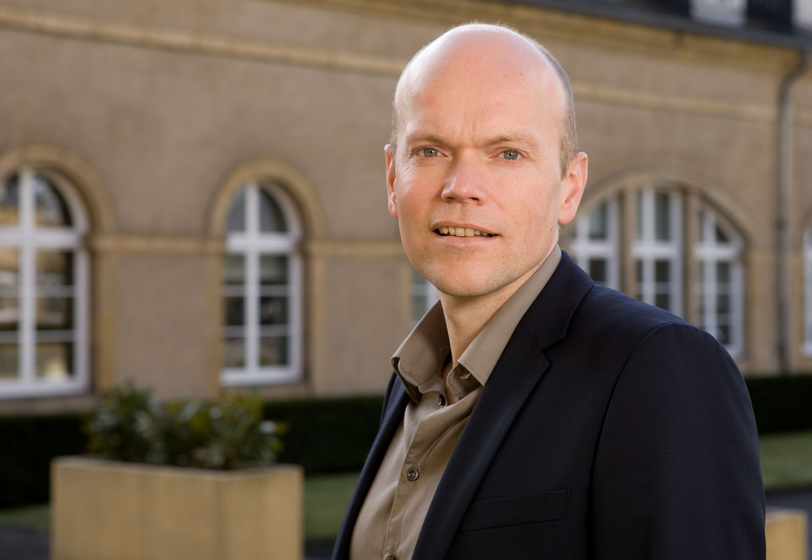The Institute of Philosophy is pleased to invite to the international research workshop Dialectics and the embodied mind which will take place on 22 and 23 September 2025 on Campus Belval, Maison des Sciences Humaines, Black Box. The workshop is part of the FNR research project AUTONOMY.
About
The enactive approach challenges the idea that the mind is confined to the individual, instead of emphasizing its emergence through dynamic interactions between self-constituting identities and their shared environments, spanning ecological and social dimensions. Enactive research has identified three key dimensions of embodiment: organismic regulation, sensorimotor coupling, and intersubjective interaction. Each of these operates as a recursively self-producing process network with its own norms of continuation. Any given situation is thus structured by a web of organic, sensorimotor, and social norms, whose unfolding involves a negotiation between these sometimes conflicting constraints. This very interplay—where different levels of normativity co-determine one another—is what makes the enactive perspective, in contrast to more moderately embodied approaches, fundamentally dialectical.
The workshop aims to critically examine the claim that dialectics—the process of transforming difference and otherness into dynamic identity—is embedded in the very nature of the enactive approach.
Key questions include:
- Does the enactive approach need to make its dialectical moves more explicit and what kind of dialectics might be best suited to the task?
- How is normativity scaffolded across biological and social domains?
- What roles do evolutionary, organizational, developmental, technical, and socio-linguistic factors play in driving cognitive complexity?
- How do these perspectives account for the scaling up from biological to cognitive autonomy?
- Does the enactive approach favor an additive or a transformative account of rationality?
Programme
Monday, 22 September 2025
| 9.15 | Welcome |
| Session 1: Dialectics of Recognition | |
| 9.30-10.45 | Italo Testa: Embodied Recognition and the Constitution of Personhood |
| 11.15-12.30 | Laura Mojica: Recognition as Implicated Engagement and the Dialectical Grounding of Normativity |
| Session 2: Mental Institutions and Extended Life | |
| 14.00-15.15 | Andrea Gambarotto: Enactivizing Dialectics: From Individual to Social Normativity and Back |
| 15.45-17.00 | Shaun Gallagher: Hegel and 4E Economics |
| 17.30-18.45 | Ezequiel Di Paolo: Circular Economies of the Mind: Mapping Marx to the Enactive Approach |
Tuesday, 23 September 2025
| Session 3: Dialectics and Sociality | |
| 9.30-10.45 | Glenda Satne: The Transformative Character of Social Normativity |
| 11.15-12.30 | Dietmar Heidemann: Hegel and Transformative Rationality |
| Session 4: Enaction and Life-Mind Continuity | |
| 14.00-15.15 | Kate Nave: There’s no Such Thing as Schmlife: Organic Constitutivism and Escapability |
| 15.45-17.00 | Dave Ward: The Dialectics of Mind-Life Continuity |
Organisation


